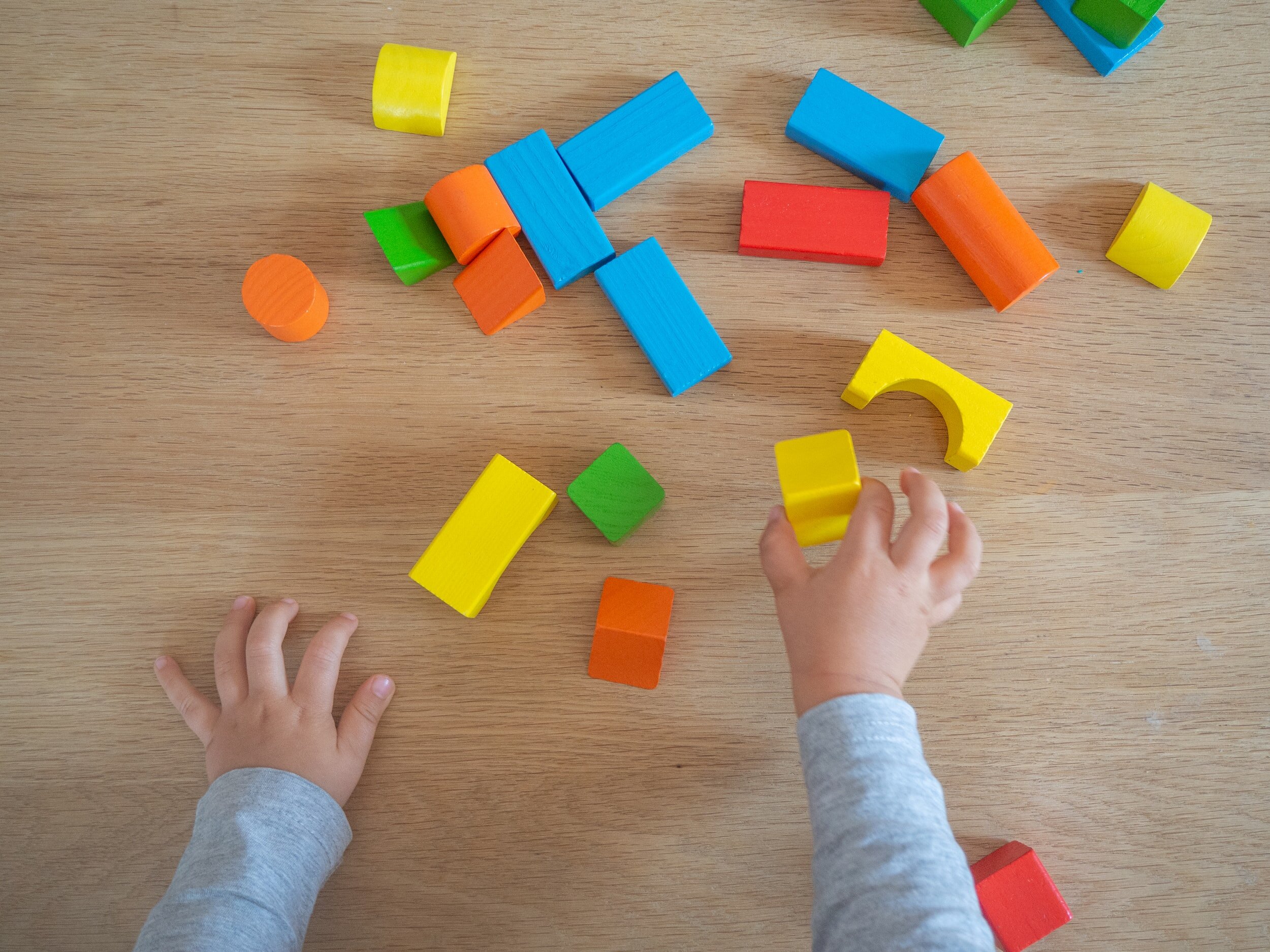The Importance Of Play In Childhood Development
Did you know that according to current research, the average preschooler watches 4.5 hours of TV per day? Research also shows that too much screen time can limit a child’s opportunities to experience the world around them. In short, a lack of real-life play can have negative effects on a child’s overall development.
We don’t want this for our kids, so what can we do to change it?
The answer is simple: PLAY.
“Play is how children learn,” says Dr. Tiff Jumaily, a pediatrician at Integrative Pediatric and Medicine Studio in Los Angeles. “On the whole, play is associated with responses that facilitate learning… [and] work off stress,” Jumaily says.
Play encourages creativity and experimentation and teaches them how to communicate and interact with the people around them. From cognitive, physical, social and emotional development, the benefits of play are immeasurable. It gives children the opportunity to mimic what they see and practice new skills.
Not sure where to start? You don’t need a bunch of toys or the world’s best game room – just keep it simple!
From stacking blocks, playing duck-duck-goose, being silly with dress-up or running around the house pretending the floor is lava, whatever way you play with your kids is helping to set them up for success! Presenting your child with opportunities to play during their developmental years is one of the most beneficial ways to help them grow into curious, productive and happy adults.
Next time your kiddos asks you to play, say yes. Take a step into their world and discover the magic of being a kid… and help them hold onto that magic for as long as they can!

